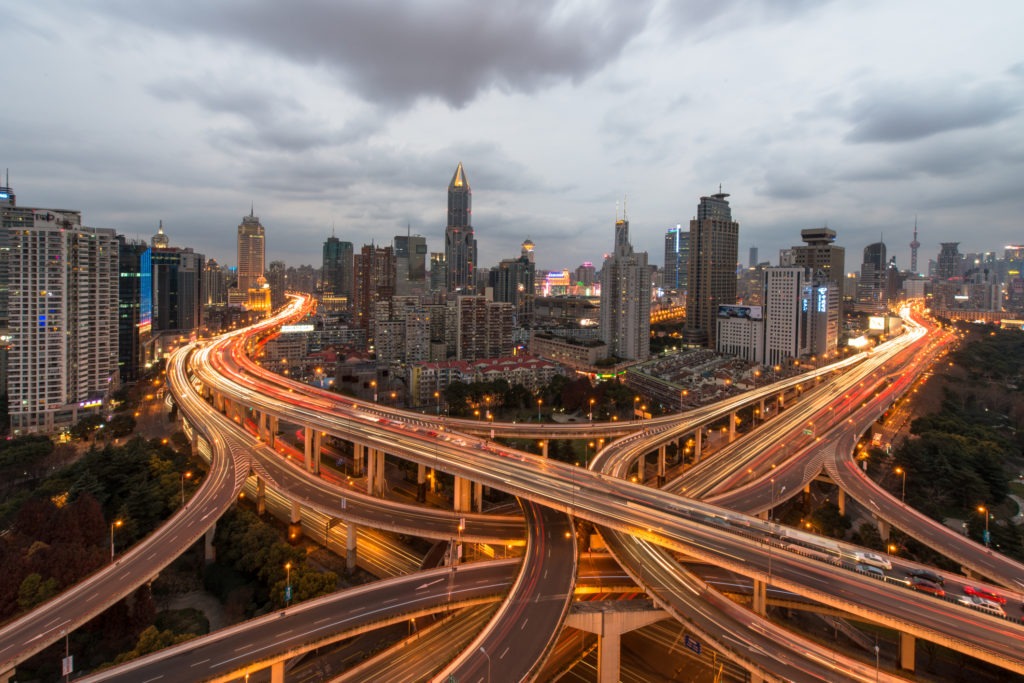China in EV lead with 50 models launching as OEMs call for quota flexibility
14 July 2017

14 July 2017
A joint letter by the auto industry associations of Europe, America, Japan and Korea has called on the Chinese government to delay by 12 months its forced electric vehicle (EV) sales quota system which begins next year. It also presses for increased flexibility in the uncompromising system, which could force many smaller players to exit the market.
The so-called NEV (new energy vehicle) proposals mean that 8% of all Chinese sales by carmakers operating in the country must be plug-in hybrids or all-electric by next year. Last year, these NEV sales reached 2%, according to Reuters – making it seemingly impossible to expect sales to more than quadruple in only two years.
And this is only the beginning – targets rapidly ratchet up to 20% of sales having to be NEVs by only 2025.
The letter, dated June 18 and just leaked to Reuters, states: ′The proposed rules’ ambitious enforcement date is not possible to meet, and if unchanged would lead to a widespread disruption of the product portfolio of most automakers operating in China. At a minimum, the mandate needs to be delayed a year and include additional flexibilities.’ It was signed by ACEA, the AAPC (American Automotive Policy Council) and the Japanese and Korean auto manufacturers associations (JAMA and KAMA).
Stressing their ′utmost respect’ to China’s powerful communist government, the letter recommends six modifications to China’s proposed NEV quota system that it says address their ′common concerns,’ while ′still meeting the goals of those rules and other related policies.’
China has been accused by some, particularly in Germany, of using its quota system (in part aimed at reducing city smog) to artificially accelerate its electric transition to greatly boost its share of the global auto market, by beating other countries to market for electric vehicle production. However, poor environmental standards in China mean that this shift to EVs in not good for the environment in the short term, with it expected to make emissions rise a gargantuan 50%.
The aggressive quota system is undoubtedly working, with China set to get an unprecedented 49 new electrified car models by 2020, according to consultancy AlixPartners. Foreign carmakers in many cases have no choice but to comply due to the enormous size and massive further growth potential of the Chinese market. Its used car market is also expected to explode over the coming decade. China’s EV surge also means the country plans to have nearly two-thirds of the global production capacity for lithium ion batteries – batteries that could very easily cheaply flood the global markets, a core concern being addressed by the European Union. This and the highly modular nature of electric cars that can easily be mass-produced by China also worries carmakers in Japan.
The ′six modifications’ foreign carmakers are calling for include more credit being given to plug-in hybrid cars, which the Chinese government seems to disfavour, jumping straight to all-electrics. They also say that the consequences for carmakers failing to reach the quotas – namely, completely banning them from importing and producing non-NEV vehicles – is overly harsh. In effect, this would force almost all of them to leave the Chinese market. Or as they say, lead to significant disruptions and dislocations within the Chinese and global automotive industries.
They also want flexibility to be added to the system – namely being able to purchase NEV credits from the Chinese government if they fail to meet the steep sales targets. They also effectively criticise the current Chinese EV and battery subsidy arrangements, with foreign carmakers banned from receiving full subsidies, putting Chinese domestic carmakers at a big advantage. They say: ′This preference for domestic automakers over import automakers undermines the environmental goals of the regulation, puts imports at a competitive disadvantage, and risks opening China up to international trade disputes.’
Almost all major foreign carmakers such as Volkswagen (SAIC, FAW, JAC) and Daimler (BAIC) have forged joint ventures (JVs) with Chinese automakers, which is the mechanism allowed by the Chinese state to allow them to operate in the country without high tariffs and penalties. It has long been criticised as a means to boost domestic carmakers by allowing them to learn from foreign expertise, and protecting them from being outcompeted. Tesla is the main exception in having so far gone it alone – and has had to charge nearly double the price for its electric cars as a result. The company is currently in talks with the government about setting up a JV – if it does not, it risks having a major disadvantage in the global electric future, with China likely becoming the epicentre of the initial spread of electric vehicles worldwide.
According to consultancy McKinsey, 43% of plug-in electric vehicles last year worldwide were produced in China. This share is expected to skyrocket over the next two years.
China is a market no carmaker can afford to ignore.